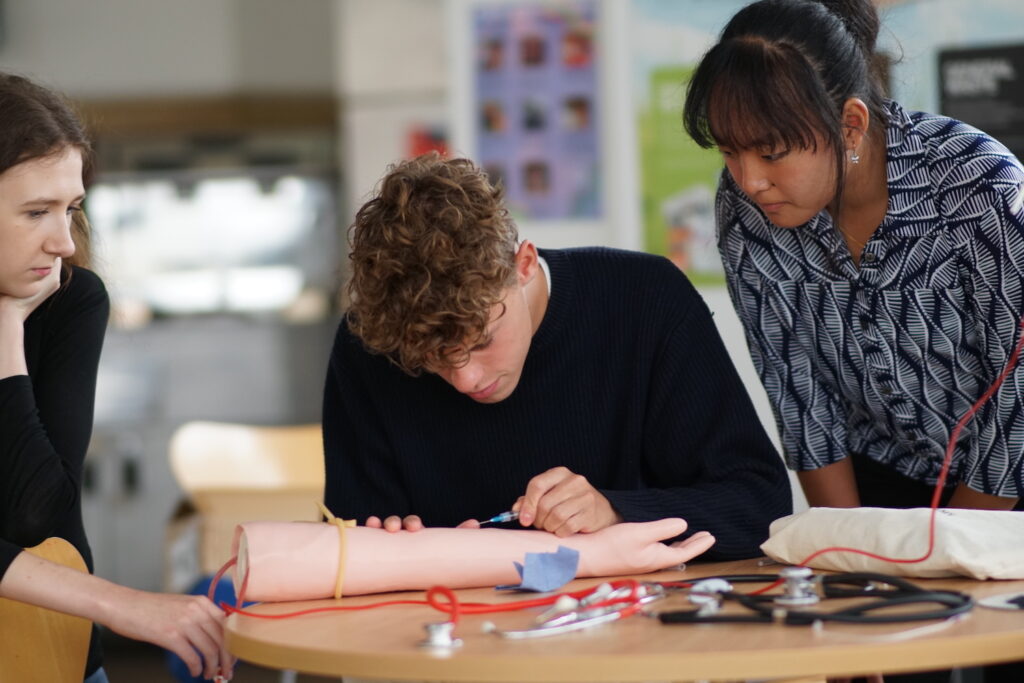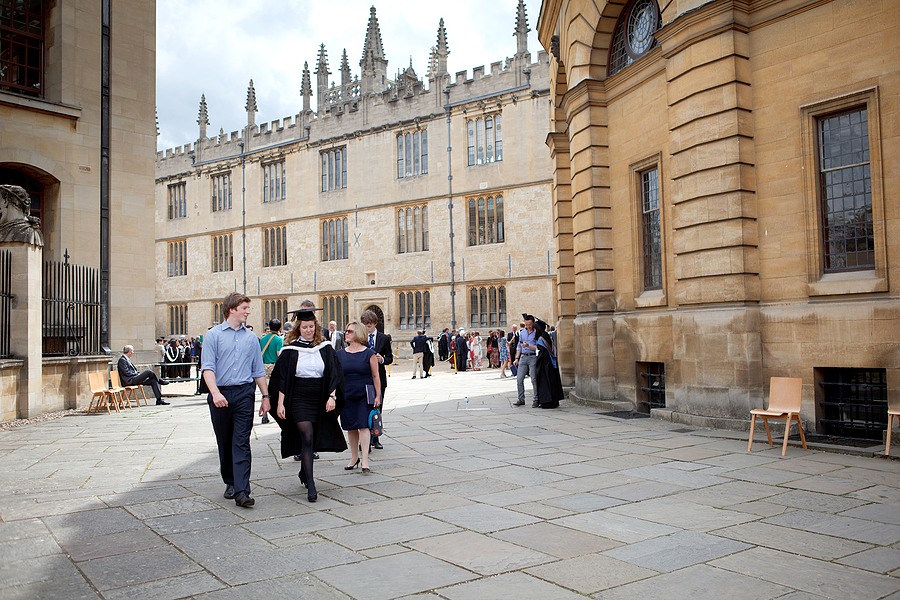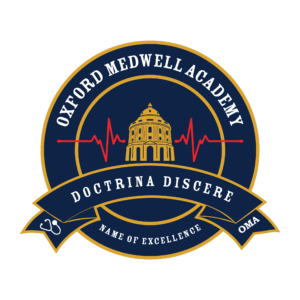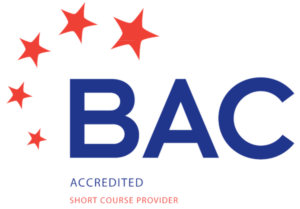Amongst the most useful and yet often misunderstood types of educational courses, gateway courses are an ideal way to ensure that as many people who are committed and capable of studying medicine get a chance to do so.
Most people will apply as soon as possible for a five-or-six-year Standard Entry Medicine course, but these courses are exceptionally competitive, and require both excellent grades and a level of commitment at a very early stage, sometimes earlier than many teenagers are ready.
Because of the considerable preparation needed for a medical qualification and the fact that applications need to be submitted as much as six months before the overall deadline for other courses, some people may be locked out of this process.
However, there are alternative options, with one of the most directly useful for school and college leavers being a medicine gateway course.
A gateway course can vary considerably, as different providers have their own uses for the course, but is typically a year-long course undertaken before the medical degree can begin.
They typically require lower entry requirements, alongside a standardised entry test and multiple mini-interviews, preparation for which can be found in interview courses, should a student want extra peace of mind.
The primary benefit of a gateway course is obvious; not making it onto a conventional medical degree can be devastating and it can feel like you are locked out of a vocation, but that does not necessarily need to be the case.
It also allows for more time to establish that medicine is what you want to do for a career, such as potentially looking into work experience, doing research into what being a doctor would entail, understanding the values of the NHS and how you make commitments to other people in society.
The gateway course will also boost your confidence, as it will provide you with the right base of knowledge to jump into a full medical degree and get ready for a career in medicine.






